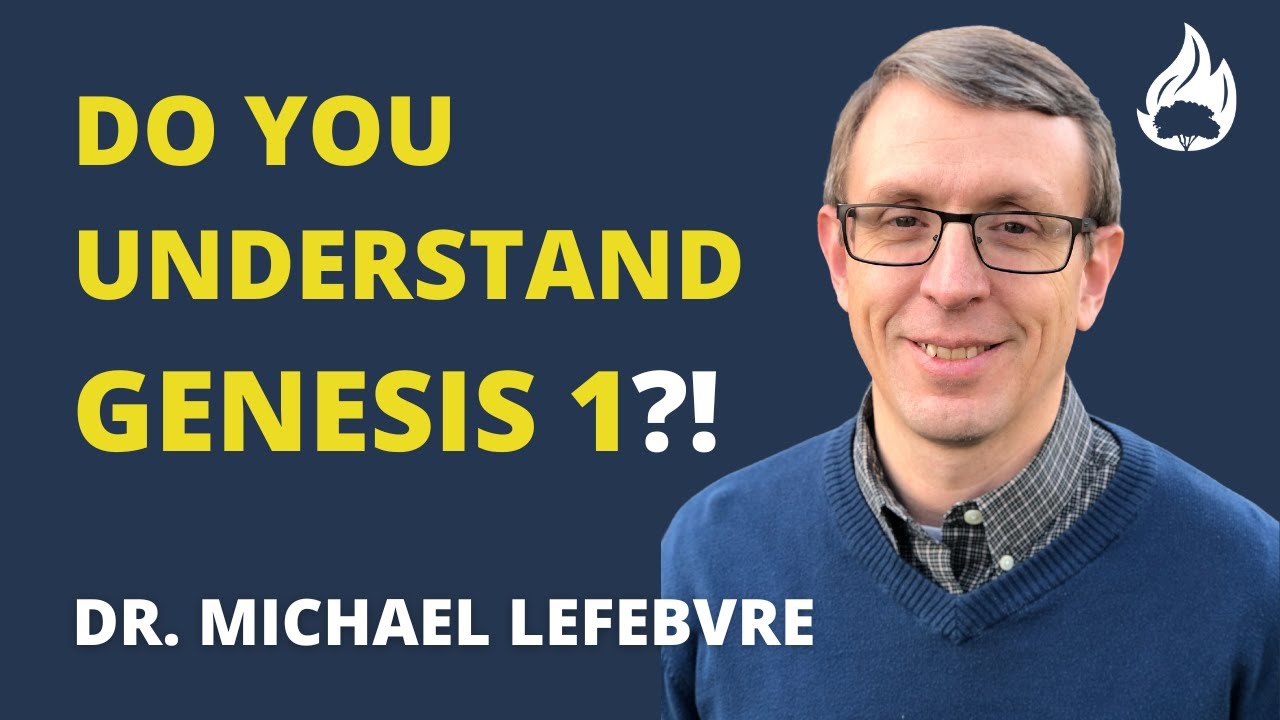What is your opinion on the beginning of our universe?
This is a spectrum I have found on another Christian Forum and summarized a bit.
-
Flat-earthers - believe that a plain reading of Scripture indicates that the earth is flat. Very few still hold on to this belief.
-
Geocentrists - believe that the sun and all the stars revolve around the earth. They have lots of Scripture and theological bases to argue from and insist that a literal reading of Scriptures requires geocentrism.
-
Young Earth Creationists - believe that the earth and universe are both young (less than 10,000 years old) and that all the diversity of species is the result of special creation, based on a literal reading of Scripture.
-
Gap Theorists (a form of Old Earth Creationism) - Believe that the earth and universe were created at the time science says, but that God created Man and all the animals at the “young earth” time frame. Some believe this is a “recreation”, God having scrapped an earlier version (dinosaurs, etc).
-
Progressive Creationists (aka “Day-Age Creationists”, another form of OEC)- Believe that the earth and universe were created at the time science says, but that each “day” in Genesis referred to an indefinite period of time. Genesis is a historically and scientifically accurate account, just that it happened over a VERY long time period.
-
Theistic Evolutionists (with a literal Adam and Eve) - believe in an old earth and universe, but accept that God used evolution as part of His creation, basically as science describes it. But they feel that there was a literal Adam and Eve in a literal Garden. Some attribute this Adam and Eve to an instance of special creation, others to election as “representatives”, etc. Also believe in biogenesis, not abiogenesis.
-
Theistic Evolutionists (no literal Adam and Eve, but biogenesis) - believe that Man evolved along with the other species (pursuant to Gods plan), but that the initial spark of life was immediately God induced. Some even push this forward to some mass special creation of a variety of “kinds” around the Cambrian period, with all the species evolving from there.
-
Theistic Evolutionists (abiogenesis) - God created everything and established the full system of natural laws upon with the universe and the earth would work. And it did. With life arising at the time and place He had known it would, etc.
